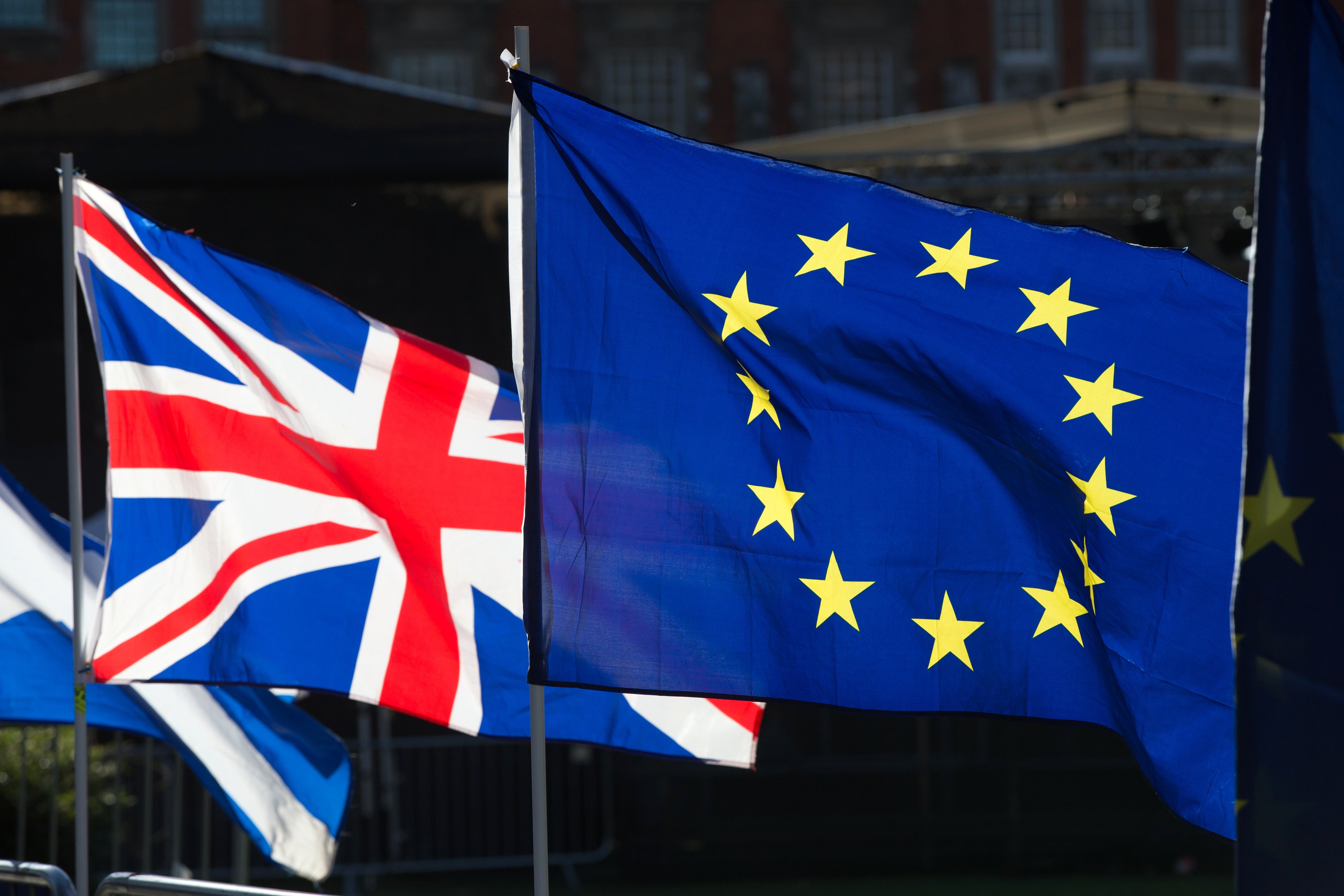Brexit has been an expensive decision – and may yet prove even more costly
It can be argued that from 2020 onward it’s hard to unpick the impact of Brexit versus Covid-19. But there was a price over the spectre of a no-deal Brexit, even if it never came to pass, writes Anna Isaac


Even before the post-Brexit trade deal’s ink was dry, the UK economy took a hit from the public’s decision to leave the European Union, new analysis from UK in a Changing Europe has found.
It is no surprise to business leaders, according to its author Professor David Bailey, an economist at Birmingham University, whose research shows Brexit has meant higher import costs for businesses, a burden they’ve been forced to share with consumers.
This – plus another study published on Tuesday – have started to put Brexit’s role in the cost of living crisis into the spotlight. It is very difficult to determine what’s due to the pandemic’s wrecking ball effect on global supply chains and what’s due to fresh trade barriers with the EU.
Still, evidence is starting to emerge that even before the Covid-19 pandemic began fallout from the decision to leave the EU had started to push up prices and cause disruption for firms.
Twin issues – depressed investment in future projects and systems and pressure to avoid disruption – pushed UK manufacturers into a cycle of building up and then eating down stockpiles of essential inputs even before the Brexit trade deal was in place.
There was a cost, Prof Bailey explains, to the spectre of a no-deal Brexit, even if it never came to pass.
“The TCA [Trade and Cooperation Agreement with the EU] was very welcome and avoided the worst case scenario. But fears of customs delays led to stockpiling and this was compounded by the pandemic,” he told The Independent.
Overall, the impact on trade has not necessarily been diversion but just less trade in some sectors, according to the report, published on Wednesday by the UK in a Changing Europe think tank.
A separate report, led by Thomas Sampson, another economist and published on Tuesday, shows this was partly responsible for crimping GDP growth by around 2-3 per cent, and drove up costs for consumers by as much as 2.9 per cent or a cost of £870 per year for the average household. That was up to 2019, before the fresh friction caused by the new trade deal was in place.
Prof Bailey’s study shows that exports to and imports from the EU are around 15 per cent less than compared to a no-Brexit scenario.
There were hopes among Brexit supporters, including some economists, that a devaluation of the pound would trigger an uptick in exports. Such a devaluation would make UK goods relatively cheap for those operating in other currencies. This did not happen, the studies suggest.
Instead, the potentially positive impact was wiped out by higher costs. A lower pound ate into the buying power of British firms when they needed to invest in materials purchased from abroad.
When it comes to documenting one of the most unusual developments in global trade in the years to come – the establishment of barriers rather than breaking them down – these studies of early Brexit and the pre-TCA period will be crucial.
British politicians will be able to argue that from 2020 onward it’s hard to unpick the impact of Brexit versus the pandemic. That argument can’t be made in the same way for the period from 2016 to 2019.
Longer term, the costs may also not be felt evenly across the UK. In fact, the study found that the impact “is likely to be most profound in regions in the north and Midlands”. That’s potentially bad news for the government’s flagship levelling up drive.
Brexit is not over. It is an ongoing development of trade barriers, but the early evidence is clear. It has been an expensive decision and may yet prove an even more costly process.






Join our commenting forum
Join thought-provoking conversations, follow other Independent readers and see their replies
Comments